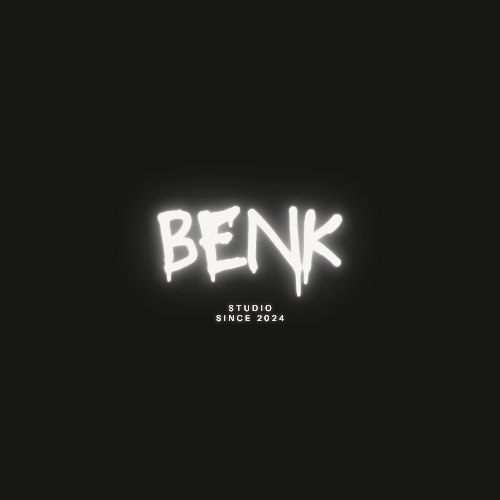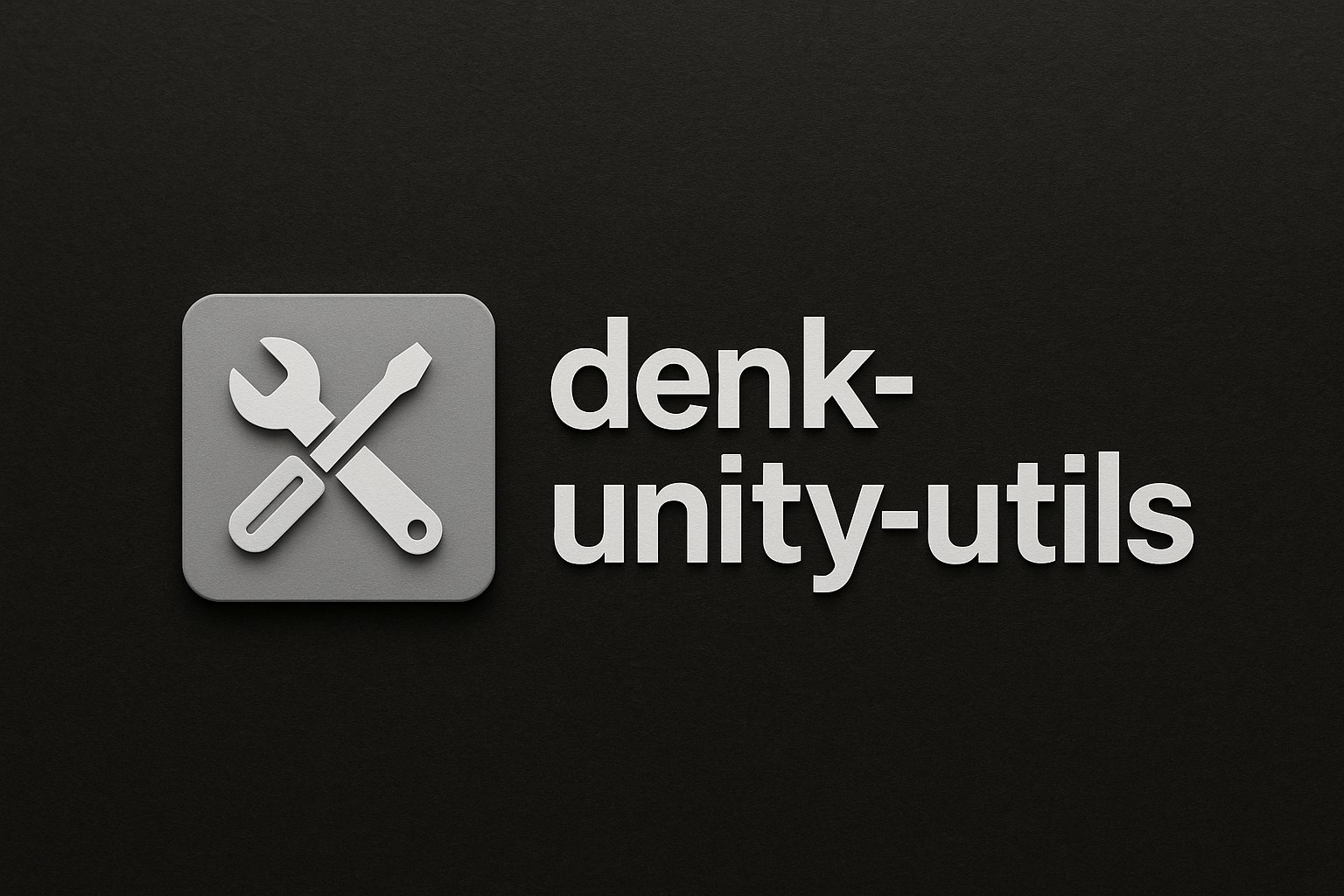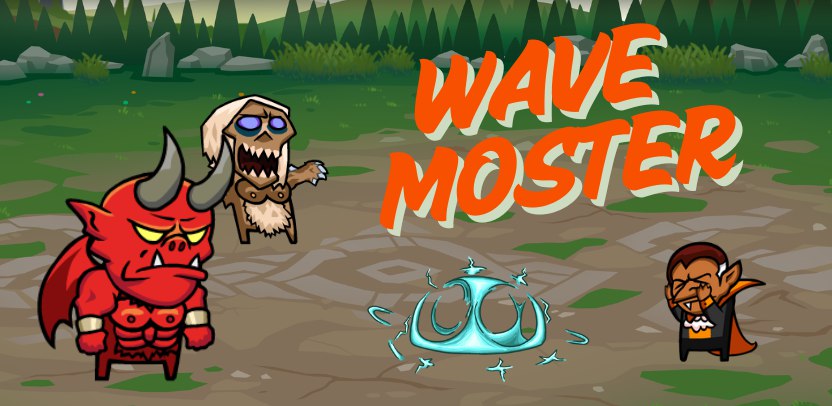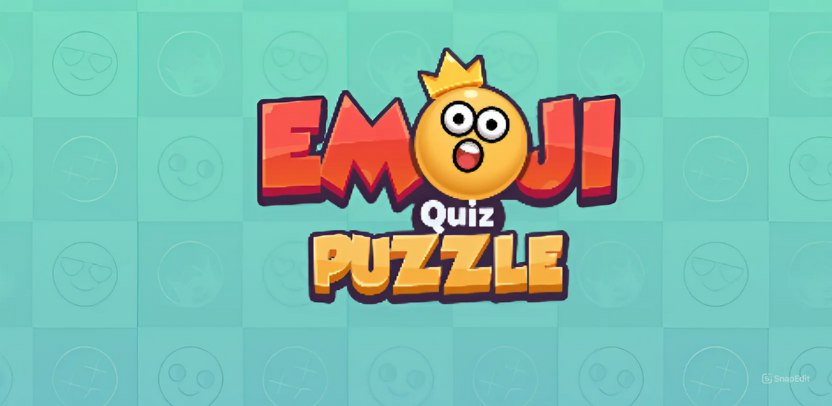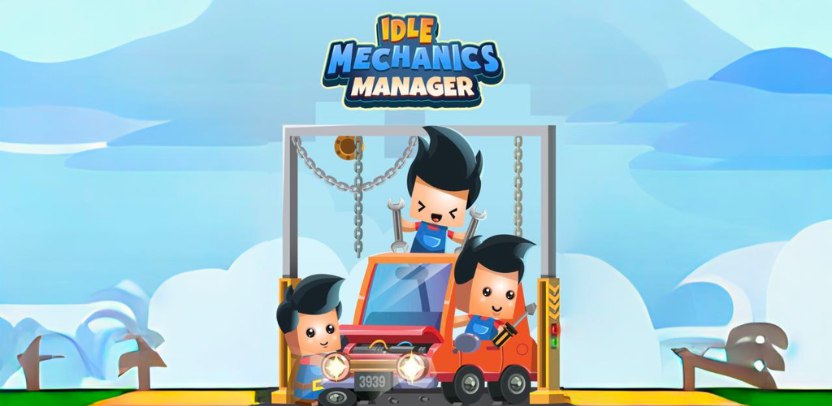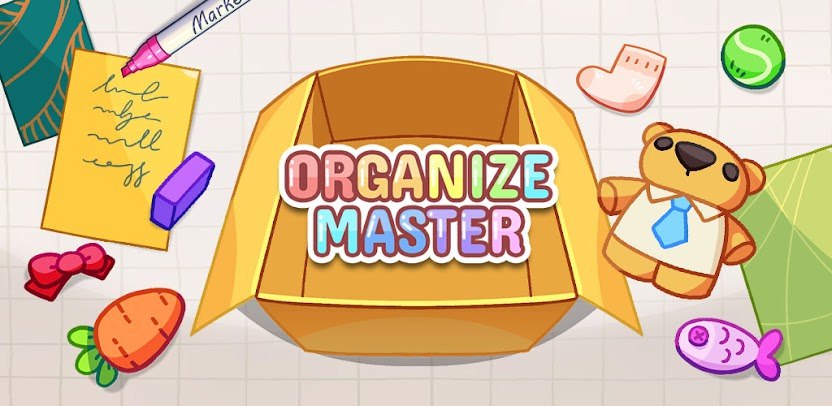Guide to Using Categories and Tags
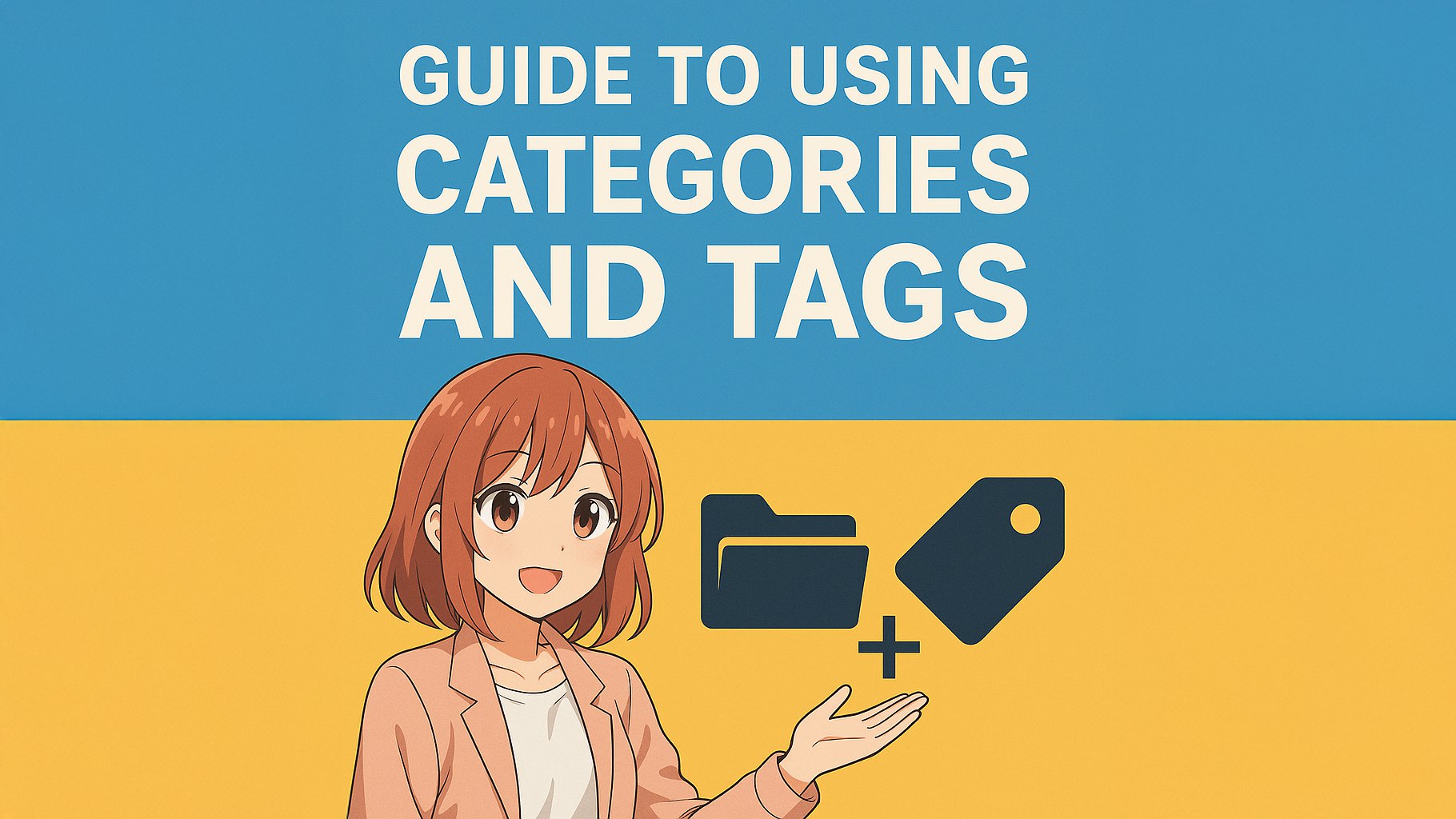
Guide to Using Categories and Tags
ThienTm27 aka Denk🧭 Purpose
This article explains how to properly use categories and tags in our game project blog to make it easier to browse and maintain.
📂 What are Categories?
Categories are used for high-level grouping of articles. Each post should belong to one or two categories at most.
🔸 We currently use these main categories:
1. Post Type
Internal Documentation— guides, policies, and internal notes.Game Showcase— showcases of our games, including demos and project details.
2. Platform
Mobile GamesWeb GamesPC Games
3. Project Type (Moved to tags)
In-house Projects— projects we made for internal use or experiments.Client Projects— projects built for clients or external partners.Company Projects— projects built by member when working for their company.
🏷 What are Tags?
Tags are used for detailed labeling. A post can have multiple tags to describe its features, technology, style, etc.
🎮 1. Game Genres
Puzzle, Shooter, Idle, Runner, Platformer, Match-3, Clicker,
Card, Strategy, Tower Defense, RPG, Adventure, Horror,
Arcade, Casual, Hyper-casual, Simulation, Multiplayer,
Single Player, Turn-based
🛠 2. Technologies / Game Engines
Unity, Unreal, Cocos Creator, HTML5, JavaScript, PlayCanvas,
Construct, Godot, Phaser
🎨 3. Graphics and Art Style
2D, 3D, Pixel Art, Low Poly, Minimalist, Anime Style,
Hand-drawn, Realistic, Cartoon
📱 4. Platforms / Operating Systems
Mobile, Android, iOS, WebGL, Browser,
PC, Windows, MacOS
🚀 5. Game Features
Time Attack, Physics, Offline, Online, Leaderboard,
Daily Reward, Level System, Shop System, Tutorial,
Procedural Generation, Randomized
🧩 6. Project Details
Client Project, In-house Project, Published, Prototype,
Game Jam, One Week Project, Team Project, Solo Project, Freelance
🏆 7. Distribution Channels
App Store, Google Play, Itch.io, Steam,
Web Game Portal, Facebook Instant Game
📅 8. Release Time
2023, 2024, Q1 2025, Released, In Development
✅ Summary
- Use categories for general grouping (platform, project type, game type).
- Use tags to describe details like engine, art style, genre, platform, and special features.
- Each post should include 1–2 categories and 3–10 tags.
If you’re unsure what to use, refer to similar posts or ask the content lead.
